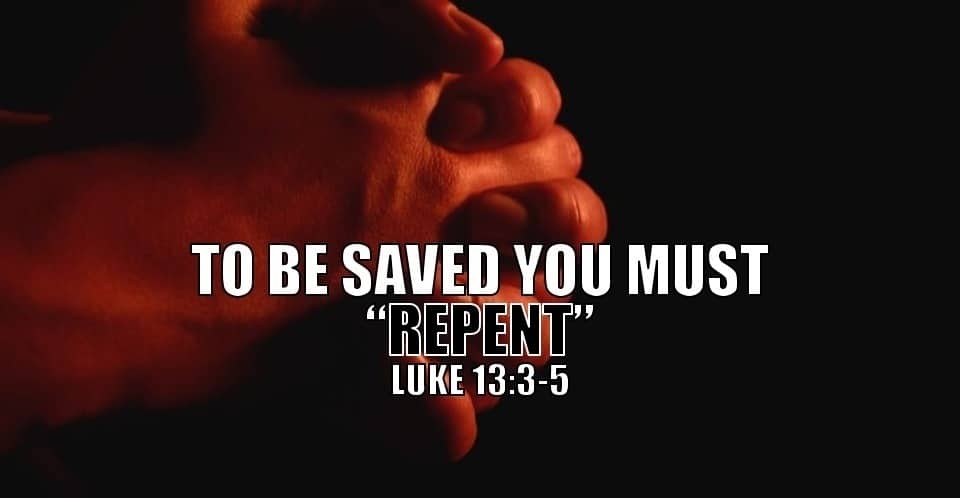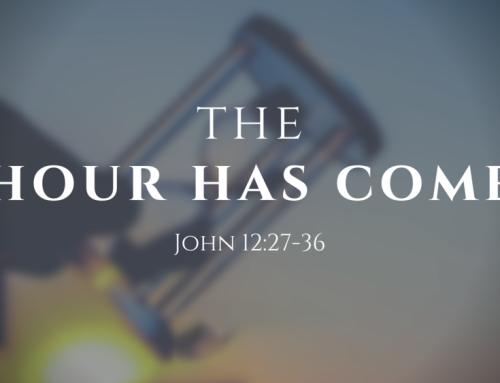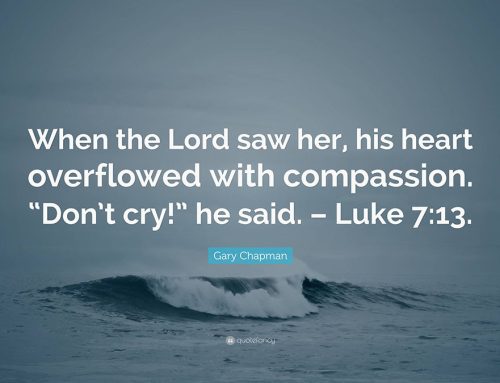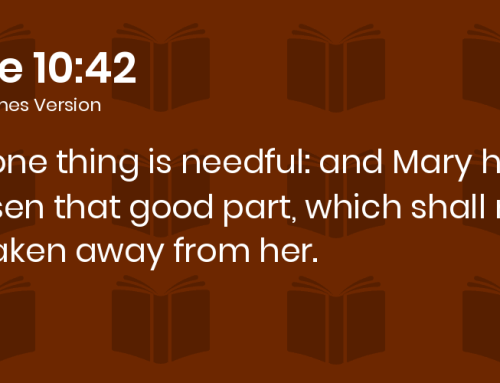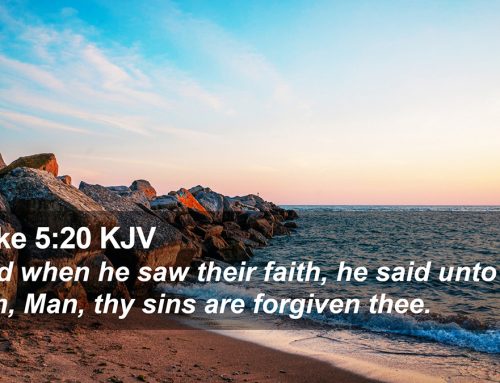The Jewish people were being ruled by the Romans. Pilate was their Roman governor. Along with other Roman rulers, he was ruthless at times. On one occasion, he ordered the killing of some Jewish people from Galilee while they were worshiping at the Jerusalem temple. Some people told Jesus what had happened. Jesus responded, “Do you think these Galileans were worse sinners than all other Galileans, because they suffered in this way?” Jesus knew that people commonly assumed this, but He immediately answered the question, “No, I tell you.” Then He turned the focus off the dead Galileans and placed it on His audience – “But unless you also repent, you will all likewise perish.” He wasn’t warning them of a similar earthly tragedy. Jesus was warning that all people deserve to perish because of their innate opposition to God. We may not think that opposition toward God matters that much; “why it doesn’t hurt other people, does it?” Jesus says otherwise. Opposing God sends a wrong message to everyone who knows us and interacts with us. It is sin, and “the payment for sin is death” (Romans 6:23). It is the just requirement of the just God. How can you and I avoid that just punishment? Jesus said, “Repent” which means turning to Him. He is the only One who can forgive us and turn our thoughts toward God, rather than against God. This is indeed a broken world – tragedies verify that – but Jesus wants everyone to admit that they are personally broken. Separation from God is an infinite tragedy. And amazingly, God the Son faced an unjust, tragic death to satisfy God’s justice, to bring us free reconciliation with God. God’s mercy covers all sin for all who turn to Jesus and say, “Save me and restore me.” “The gift that God freely gives is everlasting life found in Christ Jesus our Lord” (Romans 6:23).

